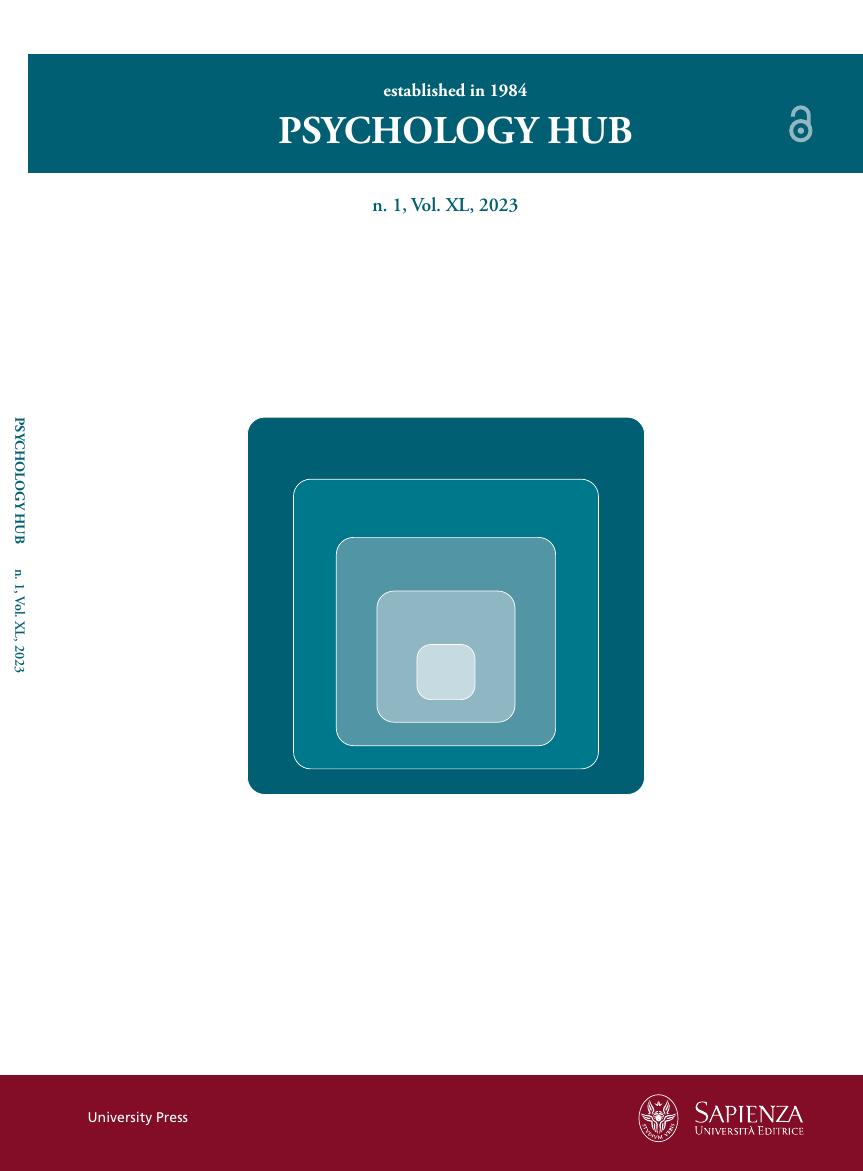Has social distancing increased our relationships and sense of being connected?
Results from a study conducted in Italy, France and Spain during the first COVID-19 lockdown.
DOI:
https://doi.org/10.13133/2724-2943/17780Keywords:
social distancing, social connectedness, COVID-19, pandemic, health, well-beingAbstract
Connecting with others is a basic human need, often associated with health and well- being. The COVID-19 pandemic and the related distancing measures have been challenging the way we connect and interact, by raising psychological and social issues. During the first lockdown, we designed a questionnaire to investigate people’s social relationships and sense of connectedness. We distributed it online in Italy, France, and Spain (N=672). The survey asked people to rate how much they perceived to be connected to personal (family, friends), local (city), European, or global communities; we related connectedness to other factors, such as quality of social relations, fear of contagion, loneliness, worries for the future. Our results show that the majority of responders reported being moderately to consistently in touch with other people. Yet, to be in contact does not mean to be connected. Compared to the
pre-pandemic period, responders reported to be particularly connected with their families/friends, less connected with their town and Europe, while they perceived no variation in the degree of connection with the entire world. Among the predictors we analysed, the fear of being infected and the perception of loneliness revealed significant effects on the connectedness to family and friends. Furthermore, perceiving to be connected to personal and larger groups was associated with fewer worries for the future. Our findings are in line with other psychological studies developed during the pandemic which demonstrate that relationships and the sense of being connected improve the quality of life of people and their expectations for the future.
Additional Files
Published
How to Cite
Issue
Section
License
Copyright (c) 2023 Psychology Hub

This work is licensed under a Creative Commons Attribution-NonCommercial-ShareAlike 4.0 International License.





